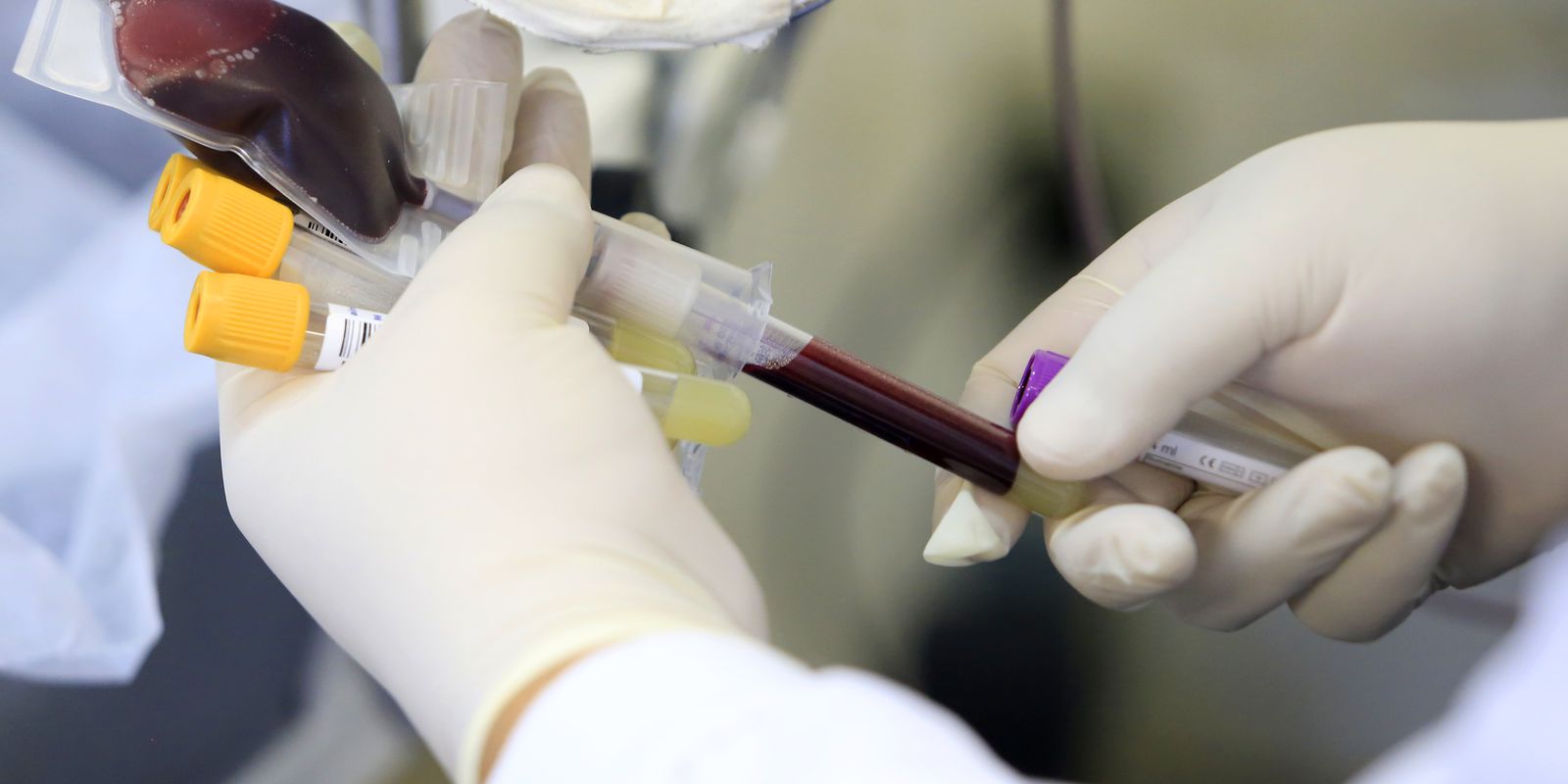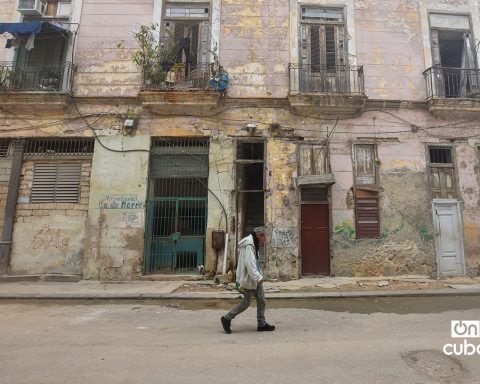The National Health Surveillance Agency (Anvisa) released today (20) an alert from the World Health Organization (WHO) on the screening of blood donors in the midst of cases of monkey pox (Monkeypox). 
Although there is no scientific confirmation about the transmission of the disease through blood, tissues, cells and organs, some preventive measures were recommended.
Anyone who has been infected should not donate blood until symptoms and skin lesions disappear. The minimum period of restriction is 21 days after the onset of symptoms.
People who have had contact with infected people should not donate blood until 21 days after contact. The precaution also applies to contact with asymptomatic people, people who have not shown symptoms of fever and skin lesions.
Illness
Monkeypox is a disease caused by a virus and transmitted by close contact with an infected person with skin lesions. Contact can be through a hug, kiss, massage, sexual intercourse or respiratory secretions. Transmission also occurs by contact with objects, fabrics (clothes, bedding or towels) and surfaces that were used by the infected.
There is no specific treatment, but, in general, the clinical pictures are mild and require care and observation of the lesions. The greatest risk of worsening occurs, in general, for immunosuppressed people with HIV/AIDS, leukemia, lymphoma, metastasis, transplant recipients, people with autoimmune diseases, pregnant women, lactating women and children under 8 years of age.
















